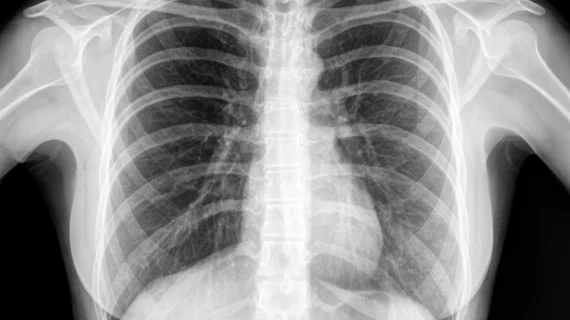X-ray-focused AI firm Gleamer raises $29.5M from venture capital firms, radiologists
Gleamer, a Paris, France-based artificial intelligence developer, has raised nearly $29.5 million in series B financing, the company announced Wednesday.
Venture capital firms Supernova Invest and Heal Capital co-led the funding round, with several European radiologists, among others, also contributing. Gleamer, which has now raised more than $39 million, said it plans to use the money to expand its product portfolio and grow the company’s team in the U.S. and Europe.
“This new round of funding will allow us to deepen Gleamer's mission of making AI the new standard of care in radiology,” Christian Allouche, CEO and co-founder of the company, said in a June 28 announcement. “Our aim is to increase diagnostic accuracy and improve patient care and the efficiency of clinical practices for health professionals.”
First founded in 2017, Gleamer offers a suite of solutions tied to standard radiography. Those include BoneView for detecting trauma lesions, ChestView for pulmonary pathologies, BoneMeasurement for MSK imaging, and BoneAge estimation. All four hold CE marks in Europe, while the U.S. FDA has cleared BoneView for use in adults and children over 2. Gleamer said it now has more than 6,500 users across 650 institutions, spanning 24 countries, with the company processing over 1 million medical images per month.
Allouche and colleagues said they hope to expand into CT and mammography, potentially covering 70% of radiologists’ daily needs.

